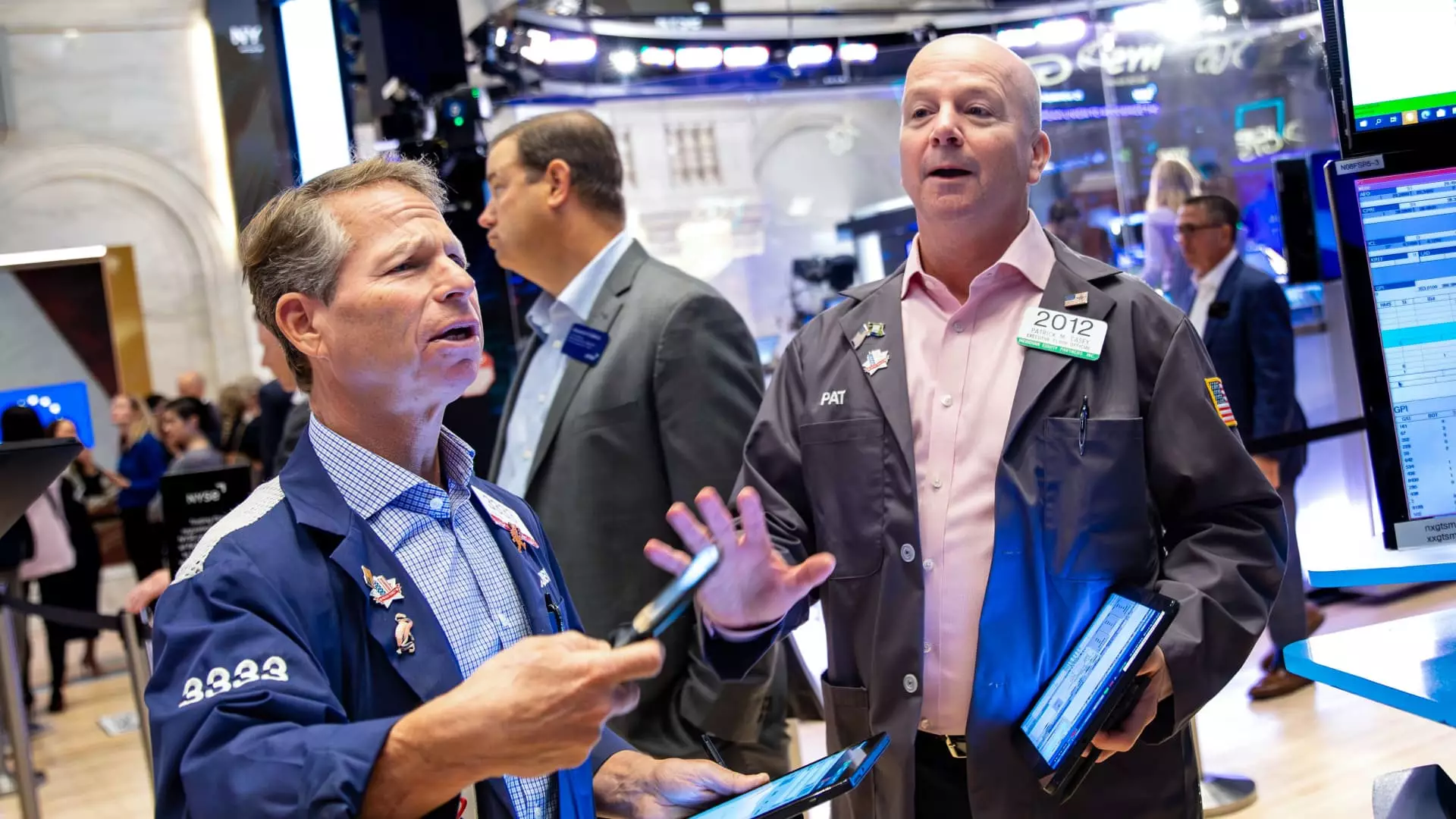In an age defined by rapid change and uncertainty, investors are increasingly grappling with the implications of rising geopolitical tensions. The escalating conflict involving Israel and Iran, coupled with the ongoing war in Ukraine and simmering disputes in the South China Sea, has created what some experts are calling the most perilous geopolitical risks in the last half-century. These factors are not merely background noise; they are shaping market dynamics and influencing strategic asset allocation decisions.
Recent discussions have highlighted the urgent need for investors to reassess their portfolios. With the looming threat of conflict and the potential for destabilizing events, traditional investment approaches may no longer suffice. The advice from economic analysts emphasizes the importance of a proactive stance in navigating the complexities of this new world order.
In light of these developments, financial experts suggest turning to bonds as a refuge for secure income. Simeon Hyman of Proshares Advisors points out that the fixed income market currently offers yields robust enough to provide a buffer against worsening geopolitical tensions. Investors looking for assurance amid chaos may find solace in the predictable returns of bonds, especially as employment reports are anticipated, which could further disrupt market sentiment.
Bonds often serve as a stabilizing force in volatile times, enabling investors to safeguard their capital. As the situation in the Middle East escalates, contingency planning becomes more critical. Hyman’s assertion underlines a fundamental investment principle: diversification, particularly into less volatile asset classes, becomes essential when the environment appears precarious.
Identifying Geopolitical Risks
The insights of Terry Haines of Pangaea Policy further elucidate the significance of geopolitical factors in today’s investment landscape. His assertion that we are navigating one of the riskiest geopolitical climates in decades is a clarion call for investors. Haines warns that the consequences of conflicts, especially concerning defense stocks, are not yet fully reflected in current financial markets. This lack of pricing-in could expose investors to unanticipated risks.
The potential for a reactionary increase in defense spending, particularly after the upcoming U.S. elections, could contribute to upward momentum for defense stocks such as Lockheed Martin (LMT) and Raytheon (RTX). However, investors should remain vigilant and carefully assess how these developments might influence broader market dynamics.
Meanwhile, amidst these global uncertainties, certain sectors are emerging as potential bright spots. Scott Ladner of Horizon Investments has identified biotechnology as a sector worth considering. Specifically, ETFs like iShares Biotechnology (IBB) and SPDR S&P Biotech (XBI) present intriguing opportunities for investors seeking exposure to innovation, particularly in artificial intelligence (AI).
Ladner’s perspective highlights a dual focus on innovation and market conditions. While the biotech sector holds promise as a driver of future growth, the risks associated with economic downturns must also be taken into account. His analysis suggests that if the Federal Reserve were to implement further aggressive cuts, it could dampen sentiment toward rate-sensitive sectors, including biotech.
Interestingly, amidst the turmoil affecting broader markets, shipping stocks have shown resilience. As labor disruptions at U.S. East and Gulf Coast ports impact supply chains, investors are positioning themselves to capitalize on the potential for increased shipping rates. Shipping companies are finding new avenues for profitability as traditional logistic channels face disruption, underscoring the adaptability of markets in the face of adversity.
This dynamic environment presents a promising landscape for investors willing to think outside the box and take calculated risks. As retailers look to reroute merchandise and change their distribution strategies, the shipping sector could emerge as a key beneficiary of the current upheaval.
The current geopolitical climate presents a complex array of challenges and opportunities for investors. As tensions escalate, the need for strategic flexibility becomes paramount. Whether it’s moving towards fixed income for security, exploring biotech for growth potential, or seizing opportunities in shipping, a diversified approach will remain essential. The overarching theme is one of caution and adaptability, as investors strive to navigate the intricacies of this volatile landscape.

